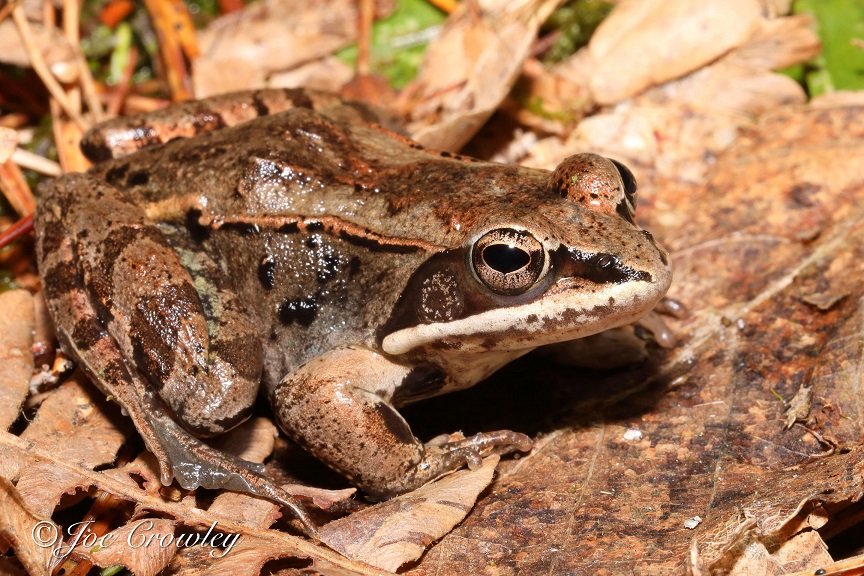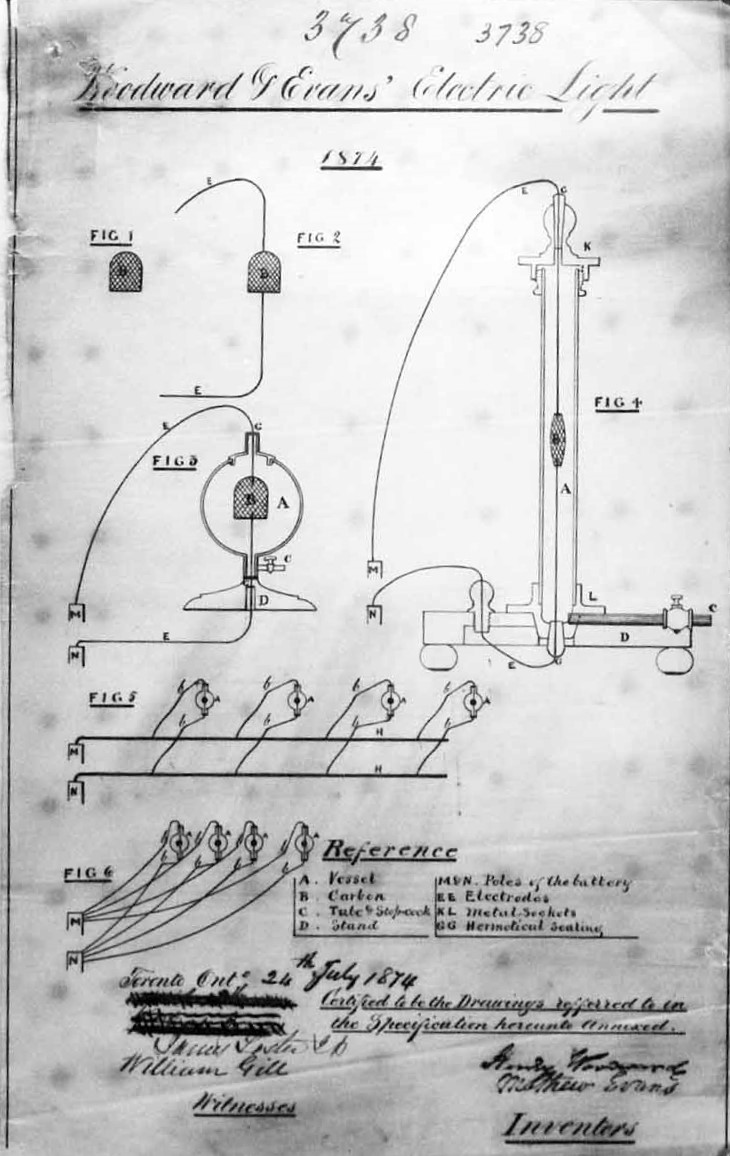Article
Women's Studies
Women's Studies (also referred to as Feminist Studies) is a generic label for a diverse and fast growing area of knowledge.

Enter your search term
Signing up enhances your TCE experience with the ability to save items to your personal reading list, and access the interactive map.
Create AccountArticle
Women's Studies (also referred to as Feminist Studies) is a generic label for a diverse and fast growing area of knowledge.
"https://d3d0lqu00lnqvz.cloudfront.net/TCE_placeholder.png" // resources/views/front/categories/view.blade.phphttps://d3d0lqu00lnqvz.cloudfront.net/TCE_placeholder.png

Article
Wood Buffalo, incorporated as a regional municipality in 1995, population 65 565 (2011c), 51 496 (2006c).
"https://www.thecanadianencyclopedia.ca/images/tce_placeholder.jpg?v=e9dca980c9bdb3aa11e832e7ea94f5d9" // resources/views/front/categories/view.blade.phphttps://www.thecanadianencyclopedia.ca/images/tce_placeholder.jpg?v=e9dca980c9bdb3aa11e832e7ea94f5d9

Article
The wood frog (Lithobates sylvaticus) is medium-sized, forest-dwelling frog native to North America. It is found in every province and territory in Canada. With populations north of the Arctic Circle, the wood frog’s range extends farther north than any other North American amphibian.
"https://d3d0lqu00lnqvz.cloudfront.net/WoodFrog/WoodFrog.jpg" // resources/views/front/categories/view.blade.phphttps://d3d0lqu00lnqvz.cloudfront.net/WoodFrog/WoodFrog.jpg

Article
The Wood turtle (Glyptemys insculpta) is an ornate, medium-sized freshwater turtle native to eastern North America. Wood turtles are the most terrestrial freshwater turtle species in Canada. Although they depend on rivers for hibernation, they spend much of the spring, summer and fall in the surrounding terrestrial habitats. This semiterrestrial lifestyle means they are especially vulnerable to threats such as mortality on roads, forestry operations and illegal collection. It is a species at risk throughout its Canadian range.
"https://d3d0lqu00lnqvz.cloudfront.net/woodturtle/Crowley-Wood-Turtle-Glyptemys-insculpta-4.jpg" // resources/views/front/categories/view.blade.phphttps://d3d0lqu00lnqvz.cloudfront.net/woodturtle/Crowley-Wood-Turtle-Glyptemys-insculpta-4.jpg

Article
Woodenware, or treen, simple, small objects made entirely of wood, usually by home craftsmen who were their own carpenters, joiners, carvers and turners. Normally, woodenware was made from a single piece of wood (block or plank, rough or milled), cut, hollowed or turned but rarely joined.
"https://www.thecanadianencyclopedia.ca/images/tce_placeholder.jpg?v=e9dca980c9bdb3aa11e832e7ea94f5d9" // resources/views/front/categories/view.blade.phphttps://www.thecanadianencyclopedia.ca/images/tce_placeholder.jpg?v=e9dca980c9bdb3aa11e832e7ea94f5d9

"https://www.thecanadianencyclopedia.ca/images/tce_placeholder.jpg?v=e9dca980c9bdb3aa11e832e7ea94f5d9" // resources/views/front/categories/view.blade.phphttps://www.thecanadianencyclopedia.ca/images/tce_placeholder.jpg?v=e9dca980c9bdb3aa11e832e7ea94f5d9

Article
"Woodstock." Song in the contemporary folk style, in the key of E minor; music and lyrics by Joni Mitchell. "Woodstock" enshrines the seminal August 1969 music festival of that name; Mitchell wrote it while watching the festival on television.
"https://www.thecanadianencyclopedia.ca/images/tce_placeholder.jpg?v=e9dca980c9bdb3aa11e832e7ea94f5d9" // resources/views/front/categories/view.blade.phphttps://www.thecanadianencyclopedia.ca/images/tce_placeholder.jpg?v=e9dca980c9bdb3aa11e832e7ea94f5d9

Article
In 1874, Canadians Henry Woodward and Mathew Evans patented a design for an incandescent light bulb. Their invention preceded that of American Thomas Edison by several years. In fact, the second patent (issued in 1876 in the United States) was among those that Edison bought as he refined the technology to create a longer-lasting bulb. Woodward and Evans’s early work on the light bulb in Toronto has gone largely unrecognized. It was nevertheless an important development in the invention of electric lighting. Click here for definitions of key terms used in this article.
"https://d3d0lqu00lnqvz.cloudfront.net/media/new_article_images/WoodwardEvansLightBulb/Woodward_Evans_patent_crop.jpg" // resources/views/front/categories/view.blade.phphttps://d3d0lqu00lnqvz.cloudfront.net/media/new_article_images/WoodwardEvansLightBulb/Woodward_Evans_patent_crop.jpg

"https://www.thecanadianencyclopedia.ca/images/tce_placeholder.jpg?v=e9dca980c9bdb3aa11e832e7ea94f5d9" // resources/views/front/categories/view.blade.phphttps://www.thecanadianencyclopedia.ca/images/tce_placeholder.jpg?v=e9dca980c9bdb3aa11e832e7ea94f5d9

Article
Workers' compensation is the name of legislation designed to provide benefits, medical care and rehabilitation services to individuals who suffer workplace injuries or contract occupational diseases. (See also Social Programs in Canada.)
"https://www.thecanadianencyclopedia.ca/images/tce_placeholder.jpg?v=e9dca980c9bdb3aa11e832e7ea94f5d9" // resources/views/front/categories/view.blade.phphttps://www.thecanadianencyclopedia.ca/images/tce_placeholder.jpg?v=e9dca980c9bdb3aa11e832e7ea94f5d9

Article
Workers' Educational Association, was founded in Toronto in 1918 by university professors and trade unionists interested in providing, on the model of the British WEA, noncredit evening classes for working people.
"https://www.thecanadianencyclopedia.ca/images/tce_placeholder.jpg?v=e9dca980c9bdb3aa11e832e7ea94f5d9" // resources/views/front/categories/view.blade.phphttps://www.thecanadianencyclopedia.ca/images/tce_placeholder.jpg?v=e9dca980c9bdb3aa11e832e7ea94f5d9

Article
Workers Unity League the Workers Unity League (WUL) is a national trade union federation that was formed in 1929 on the initiative of the Communist Party Of Canada in line with the decision of the Communist International (Comintern) in 1928 that communists break with their previous policy of working inside existing labour parties and labour unions to push for more militant stances. The new policy stressed the need for revolutionary organizations independent of the existing...
"https://www.thecanadianencyclopedia.ca/images/tce_placeholder.jpg?v=e9dca980c9bdb3aa11e832e7ea94f5d9" // resources/views/front/categories/view.blade.phphttps://www.thecanadianencyclopedia.ca/images/tce_placeholder.jpg?v=e9dca980c9bdb3aa11e832e7ea94f5d9

Article
Working-class history is the story of the changing conditions and actions of all working people. Most adult Canadians today earn their living in the form of wages and salaries and thus share the conditions of dependent employment associated with the definition of "working class."
"https://d3d0lqu00lnqvz.cloudfront.net/media/media/74917b1f-8a36-49c3-99fd-4cf328a0bfa3.jpg" // resources/views/front/categories/view.blade.phphttps://d3d0lqu00lnqvz.cloudfront.net/media/media/74917b1f-8a36-49c3-99fd-4cf328a0bfa3.jpg

Article
Most adult Canadians earn their living in the form of wages and salaries and are therefore associated with the definition of "working class." In Québec, working people and unions have played an essential role in the province's development.
"https://d3d0lqu00lnqvz.cloudfront.net/media/media/222d14f9-a2d1-4eec-b95b-7c351a0c229b.jpg" // resources/views/front/categories/view.blade.phphttps://d3d0lqu00lnqvz.cloudfront.net/media/media/222d14f9-a2d1-4eec-b95b-7c351a0c229b.jpg

Article
Most adult Canadians earn their living in the form of wages and salaries and are therefore associated with the definition of "working class." Less than a third of employed Canadians typically belong to unions. Unionized or not, the struggles and triumphs of Canadian workers are an essential part of the country's development.
"https://d3d0lqu00lnqvz.cloudfront.net/media/media/554f9da9-f4b3-4173-91d6-cfe9ae8b67a9.jpg" // resources/views/front/categories/view.blade.phphttps://d3d0lqu00lnqvz.cloudfront.net/media/media/554f9da9-f4b3-4173-91d6-cfe9ae8b67a9.jpg
